To everything there is a season and a time to every purpose under heaven. The rhythm of spring is about new beginnings—actualizing potential. The preparation for Passover, the festival of the spring, includes creating the space for new growth. In contrast to the new beginning of Rosh Hashanah—the New Year in the fall, Passover is not about reflection and repentance, it is about opportunity. Passover’s character is symbolized by the question: What difference will this night bring from all other nights?
There is a famous quote attributed to Margaret Mead that suggests that change occurs because of the thoughtfulness and commitment of the group. I would suggest orienting her statement to include the courage of the group (or individual) to be committed to questioning. Five questions we begin to contemplate this season are:
1. What are the stories I am living in?
2. What about those stories work or do not work for me?
3. How do I change my story?
4. What new story will I adopt?
5. What are the stories I am now living in?
Taking time to reflect on these questions is what Passover is about and the Passover Seder provides that opportunity. So how does a thoughtful and committed group have an intense reflection “on the stories we live in?” Be creative! And as the Haggadah text suggests know your audience (which child you are addressing).
I have found these words of David Kaetz inspiring:
“A boat is a vehicle for crossing the sea. You don’t get to choose the furniture in your cabin, and the captain wears a funny hat. A good boat can get you from New York to Liverpool better than swimming. If you throw yourself into the water in the Hudson River, as it flows by Manhattan Island, some part of you might make it to England, but probably not all of you.
A tradition is a vehicle for carrying something through time. If wisdom is embedded in a tradition, it has a better chance of traveling safely through the centuries. For this to work the wisdom must be packed in things that do not degrade with time, things that can be unpacked at every station—things like symbols, myths, stories. These are things that no matter how often you unpack them will travel onward for another generation to unpack, and unpack differently. Sometimes the wisdom may emerge brilliant and obvious, sometime obscure and esoteric, and sometimes people will find nothing there at all. But if the tradition continues, the wisdom will keep traveling, in the hope that, at another port in the flow of time, another generation will find it and embody it once more.”
Consider the port of call the spring season, and if you are celebrating the holiday, the pier location is the Passover Seder. From there we set sail to a new story.
P.S. Please join us for the 8th night of Passover Kabbalistic Seder with Judaism Your Way on Monday night April 21st for a creative unpacking of the Seder rituals. The next blog will be on the counting of the omer to support those who would like to count the 50 days from Passover to the holiday of Shavuot.



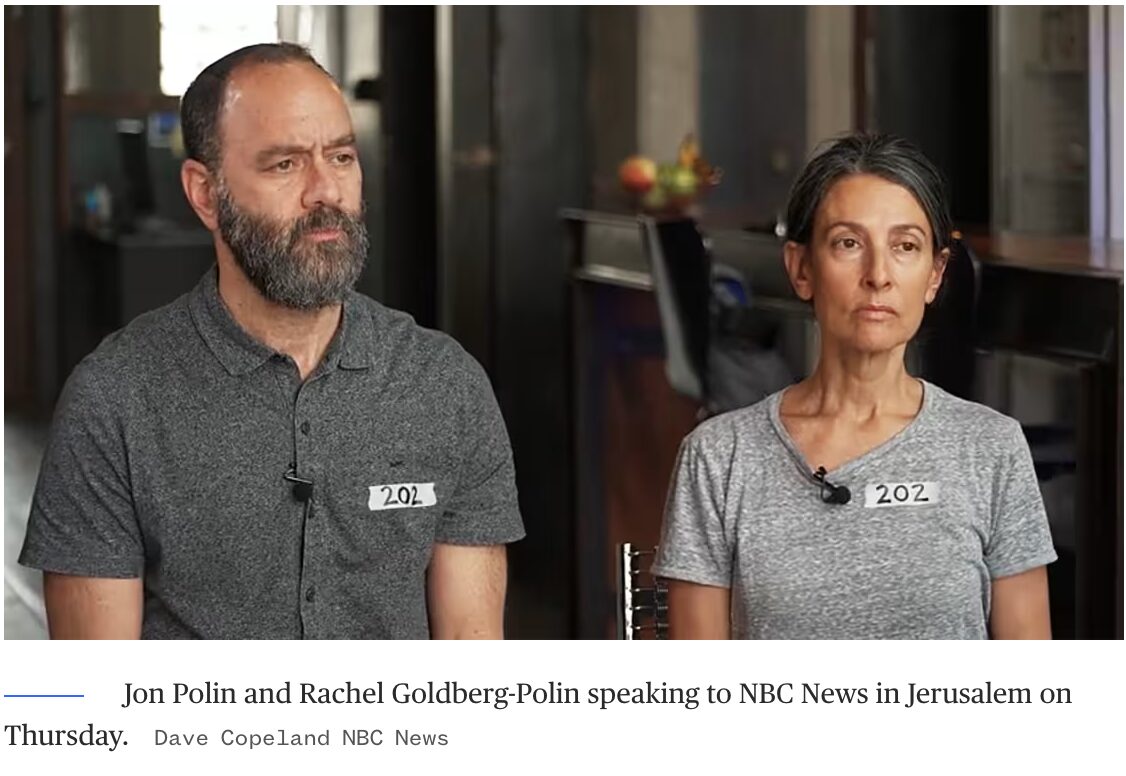
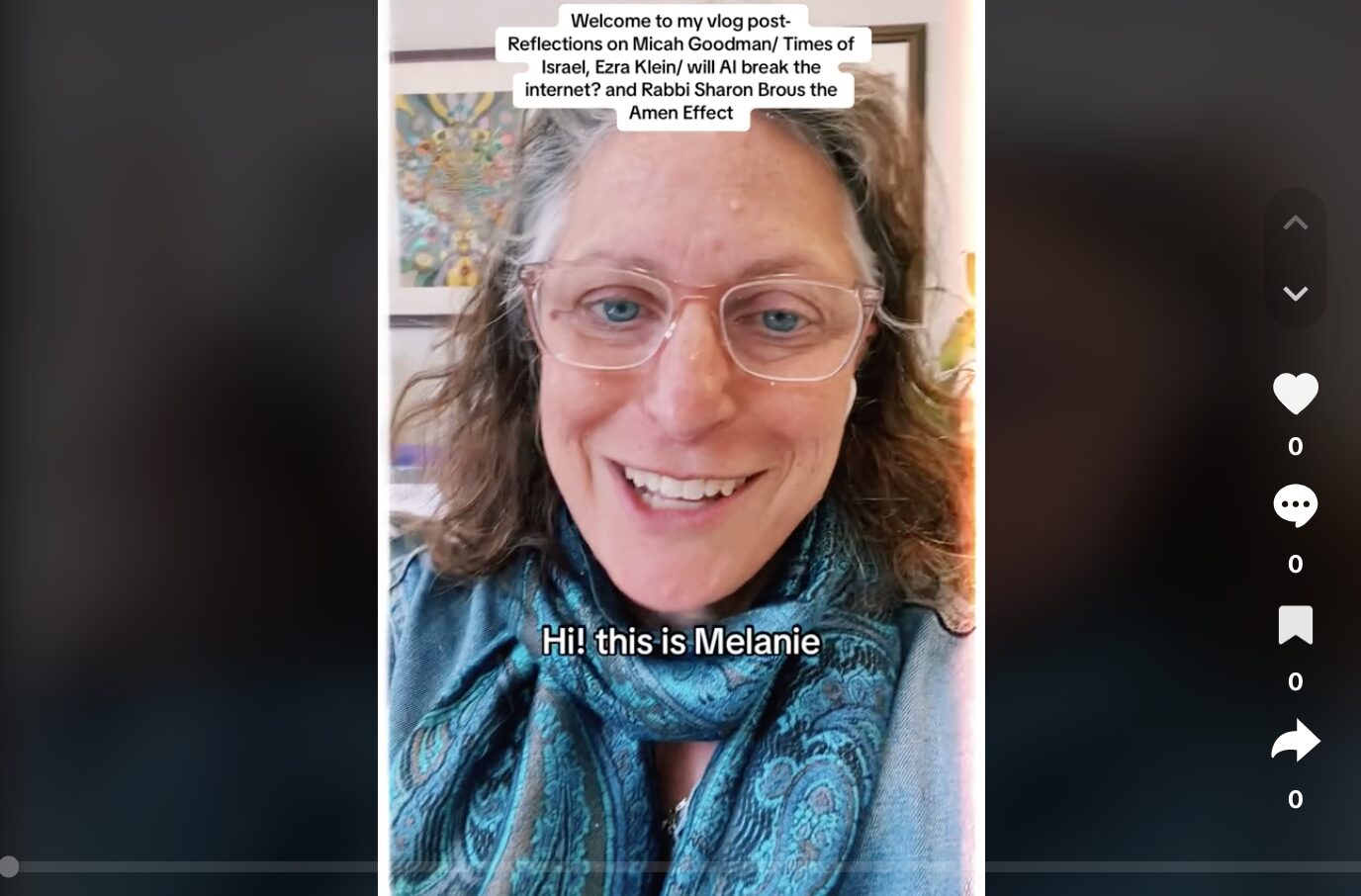

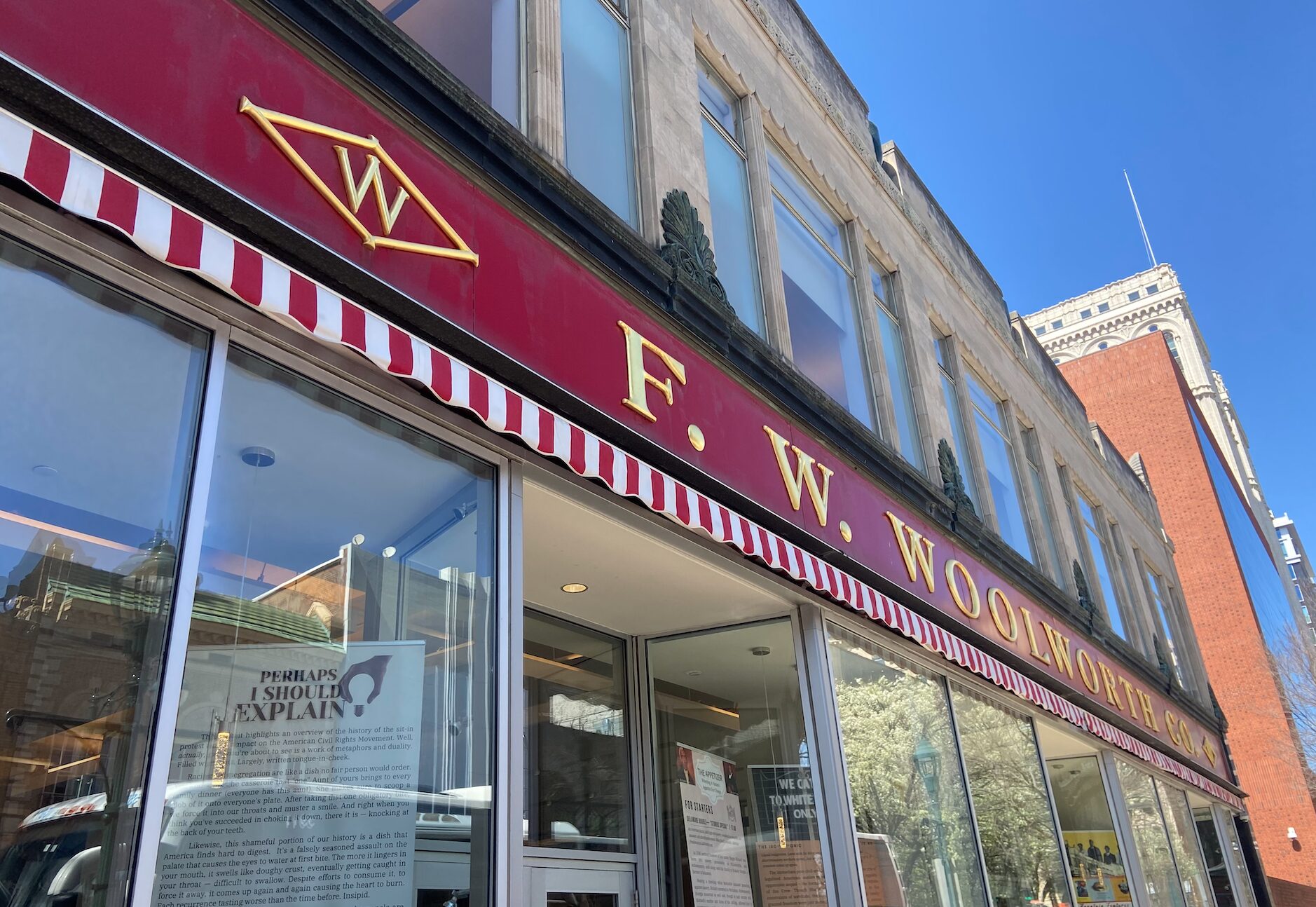
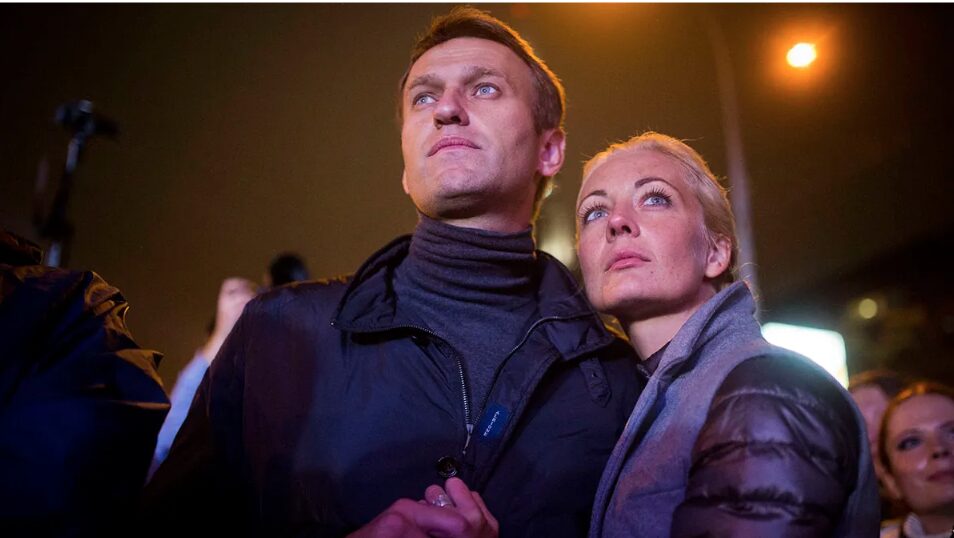


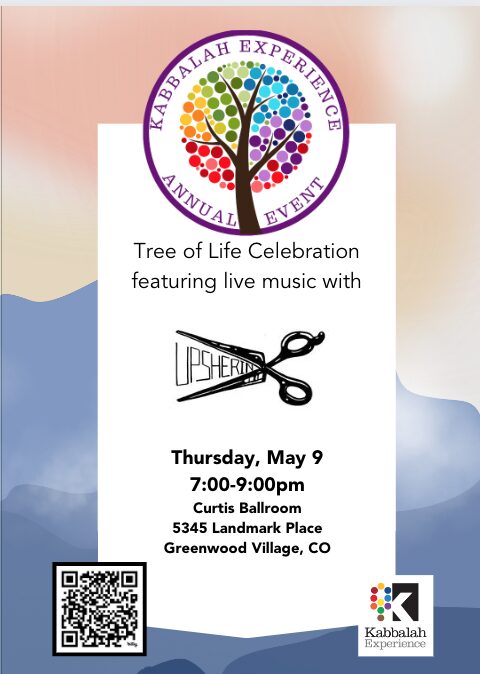
0 Comments